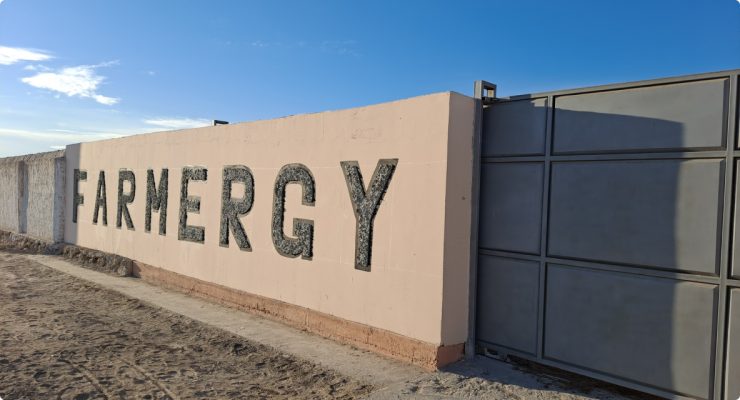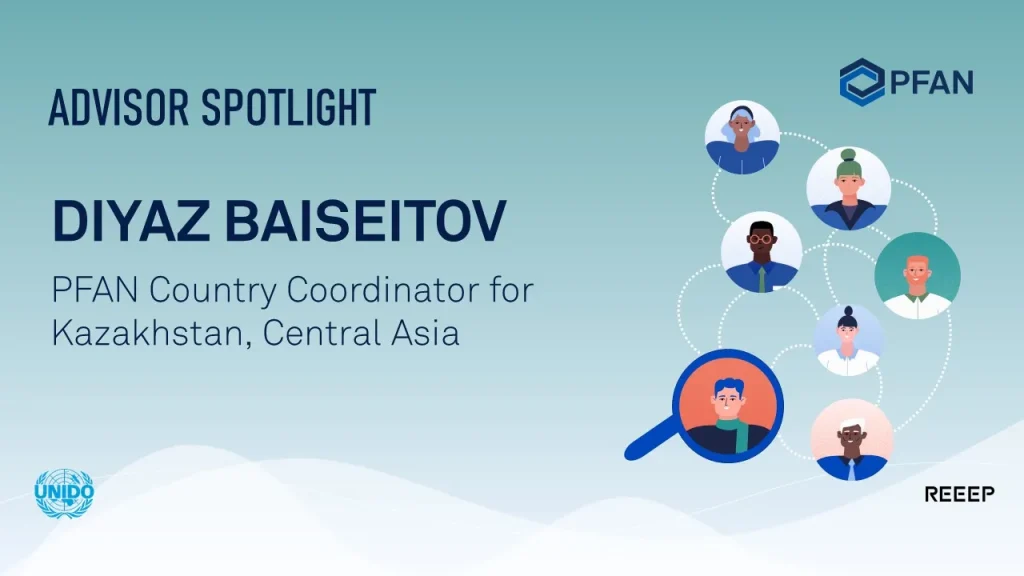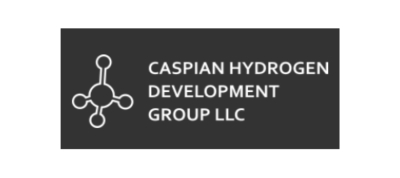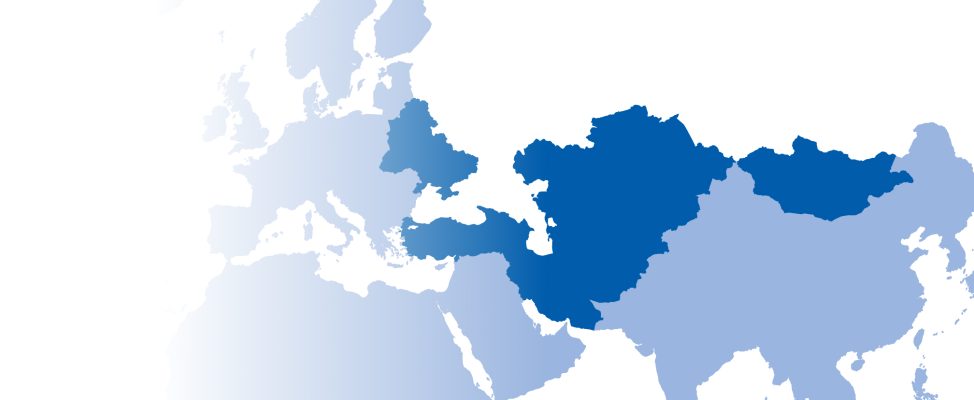
Region Overview
Despite the war in Ukraine, the overview for 2022 for renewable energy and climate adaptation projects in Eastern Europe and Central Asia was rather positive, as the region looks increasingly towards renewable energy sources to meet the rising demand for energy, while pursuing a sustainability agenda and reducing their carbon footprint.
In previous years, Ukraine was the most advanced Eastern European country where PFAN operates in regards renewable energy project development and mobilising finance. From the Asian countries, Kazakhstan was leading the pack. However, in 2022, Ukraine lost all potential for further project intake due to the Russian invasion, and Kazakhstan lost its leading position to the rising stars of Azerbaijan and Uzbekistan, due in part to legislative changes and stimulating government policy in those countries.
The natural capacity of the Central Asian countries in respect to their renewable energy and climate adaptation potential is rather high, therefore properly done investments and a wide range of capital intake have great potential to stimulate recognizable growth. However, the consequences of the war have slowed down investment in many of the countries attributed to investor uncertainty and capital flight from countries close to the conflict areas. Investment has shifted away from the countries neighbouring Ukraine, such as Moldova, and is being redirected towards countries including Georgia and Azerbaijan – but the long-term trend is yet to be known.
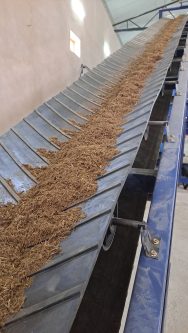
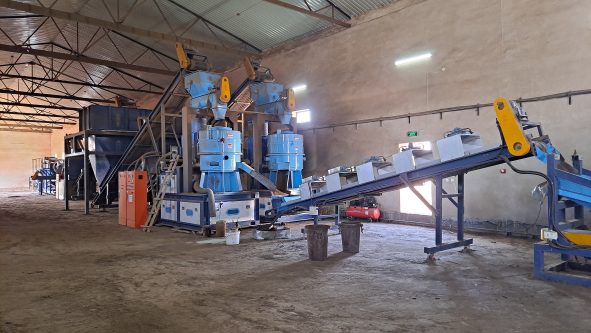
First projects and large finance mobilisations
As the war in Ukraine has put all projects in the country on hold, PFAN’s Ukrainian advisors turned their expertise towards supporting other countries in the region. As a result, PFAN coached our first projects in Kyrgyzstan with ten hydro power projects inducted into the pipeline.
In 2022, we supported 8 projects to raise a total investment of nearly USD 93.2 million. Mongolia’s Sunsteppe Ltd. raised investment for its 5MW battery storage project and 50 MW solar power plant for a total amount of USD 70 million. In Uzbekistan, Farmergy was infused with USD 1.3 million and Asia Express Holdings LLC with USD 1.65 million. In Azerbaijan, USD 7 million was raised by the Caspian Hydrogen Development Group, as well as a total of USD 51.8 million committed to the 37.8 MW Garadagh Wind Power Plant, to be reported on in the next year.
We added 35 new projects in the PFAN pipeline in the areas of adaptation, biogas, biomass, energy efficiency and demand reduction, geothermal, hydro, solar and waste to energy located in Uzbekistan (8) Azerbaijan (6), Kyrgyzstan (6), Kazakhstan (4), Moldova (4), Ukraine (4 – inducted before the war began), Georgia (2) and Mongolia (1). We supported our first geothermal power project in Azerbaijan, where there is great potential in this geothermally active region of Central Asia.
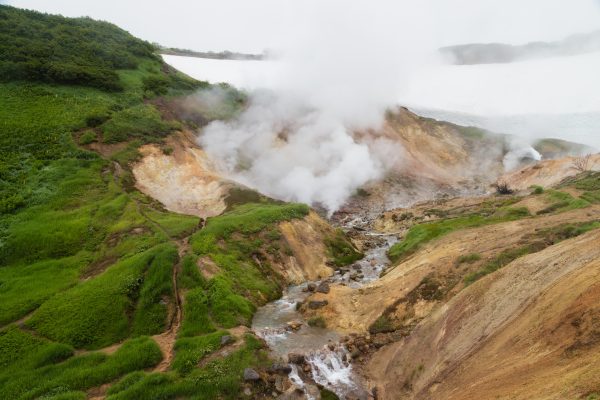
PFAN organized and successfully ran a regional investors conference, which gathered over 40 entrepreneurs, advisors and investors from across the region. Most of the International Financial Organisations operating in the region were present (IFC, EBRD, ADB and others), and PFAN-supported projects from every EECA country had the chance to present their projects to investors. Here we exercised our core competence of bridging the gap between entrepreneurs and investors by providing PFAN-supported projects the opportunity to pitch to an audience of investors, which resulted in some raising investment. For example, Boldman Group International intend to finance up to USD 30 million of the project cost for the 40MW SunGa solar power plant project in Moldova, and they are in further negotiations with PFAN projects from Mongolia and Kazakhstan.
‘’The key success factor for EECA in 2022 was the tight team building and cross-cultural solidarity. Our highly experienced Ukrainian PFAN Advisors were redirected to initiate projects in Central Asian countries, which led to a sharp increase in the number of applications and a rise in the number of eligible projects inducted into PFAN’s project pipeline. We were able to use our resources to make the best out of a difficult situation.’’


